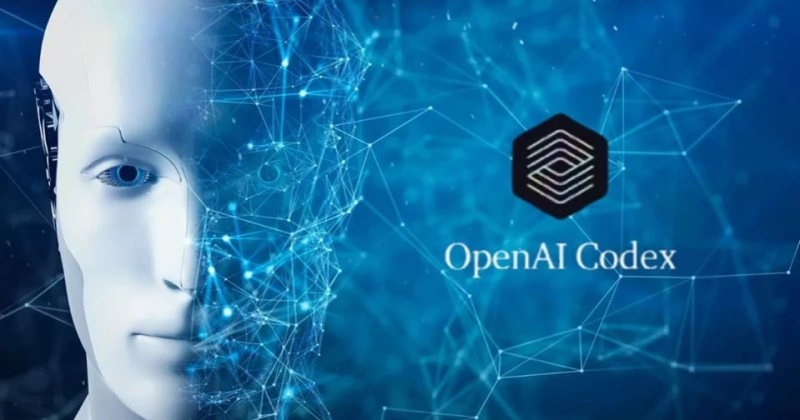- India Sees 9% Drop in Foreign Tourists as Bangladesh Visits Plunge |
- Dhaka Urges Restraint in Pakistan-Afghan War |
- Guterres Urges Action on Safe Migration Pact |
- OpenAI Raises $110B in Amazon-Led Funding |
- Puppet show enchants Children as Boi Mela comes alive on day 2 |
OpenAI Codex: AI Pair Programmer Transforming Coding Future

Representational image: Collected
OpenAI, the creator of the revolutionary chatbot ChatGPT, launched its next-generation AI coding assistant, Codex, on May 16, 2025. Designed to simplify and accelerate software development, Codex is set to reshape automated programming and boost productivity across the tech industry.
What is Codex?
OpenAI Codex is an advanced AI model that converts natural language into computer code. Built on the latest reasoning technology, it powers tools like GitHub Copilot, enabling users to write, understand, and automate code across multiple programming languages using simple English instructions. Codex draws on billions of lines of code from public repositories to generate solutions for complex programming challenges.
Development History
Codex originated in August 2021, evolving as an extension of OpenAI’s GPT-3 model. Initially capable of writing SQL queries, Python scripts, and UI components, Codex has undergone continuous enhancements. Between 2022 and 2023, it was integrated into GPT-4 and ChatGPT Pro. Recently, OpenAI upgraded Codex with a dedicated environment and advanced coding capabilities, transitioning its reasoning model from GPT-3 to Codex-1.
Capabilities of Codex
-
Conversational Coding: Users can describe tasks in plain English and receive accurate, executable code across many programming languages.
-
Software Development: Developers can generate fully functional programs in seconds, reducing manual coding efforts.
-
Data Analysis: Codex can process spreadsheets and large datasets to clean, analyze, and visualize data with minimal input.
-
Educational Support: It acts as a real-time tutor, explaining code, debugging, and answering questions, aiding learners and self-taught programmers.
-
Accelerating AI Apps: Startups and enterprises leverage Codex to prototype AI-driven applications quickly and cost-effectively.
Challenges and Concerns
-
Accuracy & Reliability: Although Codex produces fast code, it can contain bugs, inefficiencies, or security flaws, requiring careful human review.
-
Security Risks: The technology could be misused to create harmful software, raising concerns among cybersecurity experts.
-
Impact on Jobs: While Codex automates repetitive tasks, there are fears it may reduce demand for entry-level programmers.
-
Legal Ambiguities: Questions remain over ownership and licensing of AI-generated code in commercial use.
-
Skill Development: Over-reliance on AI tools might hinder deep understanding and problem-solving skills among new developers.
Conclusion
OpenAI Codex is transforming the way coding is done by making programming faster, more accessible, and innovative. However, its full potential can only be realized through responsible use, ethical oversight, and continued human expertise as the technology evolves.

